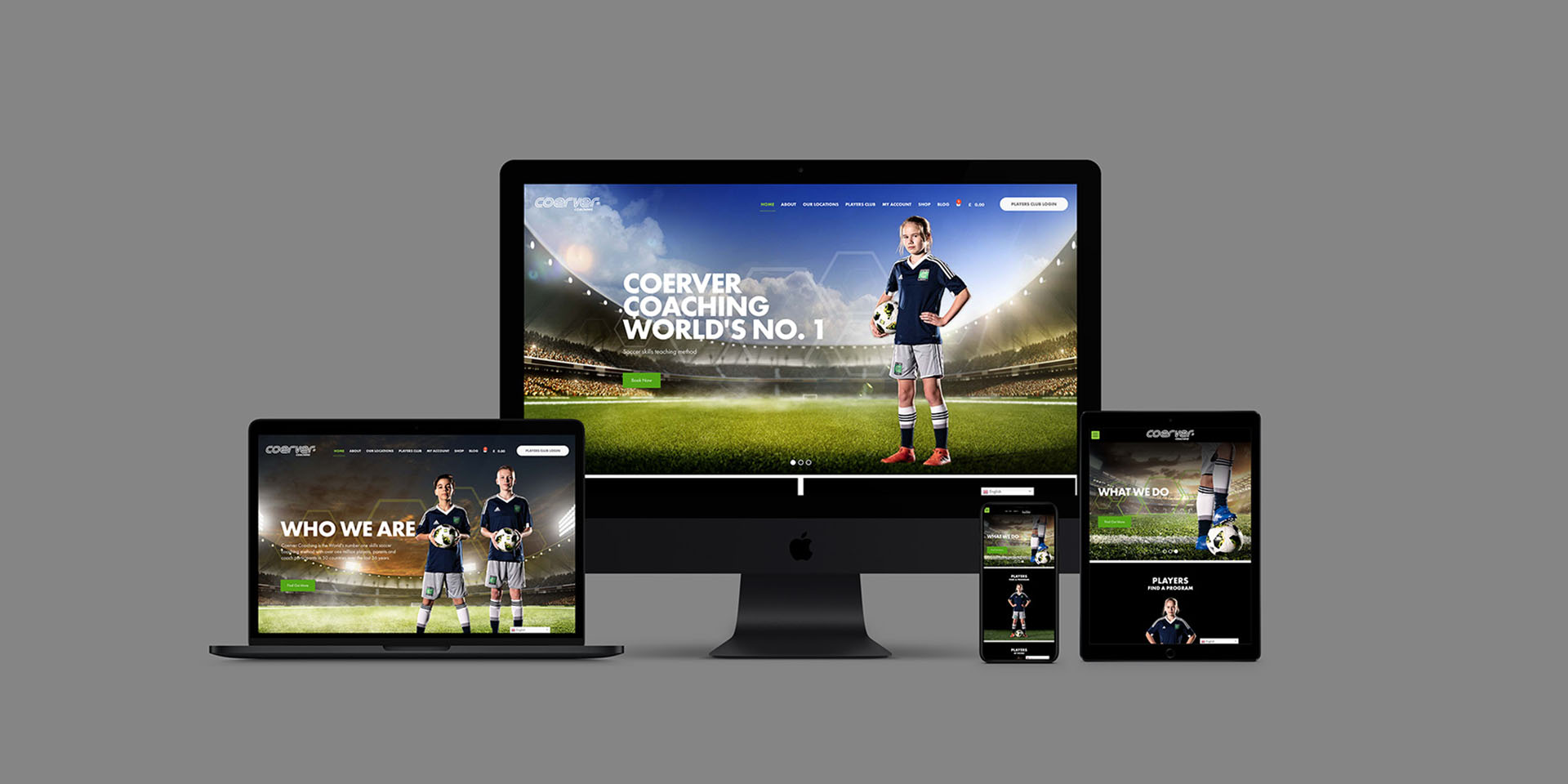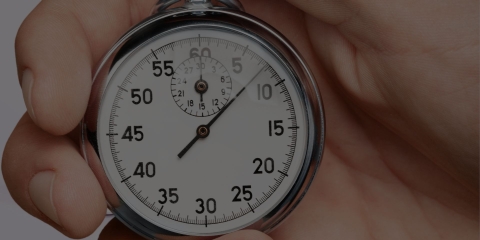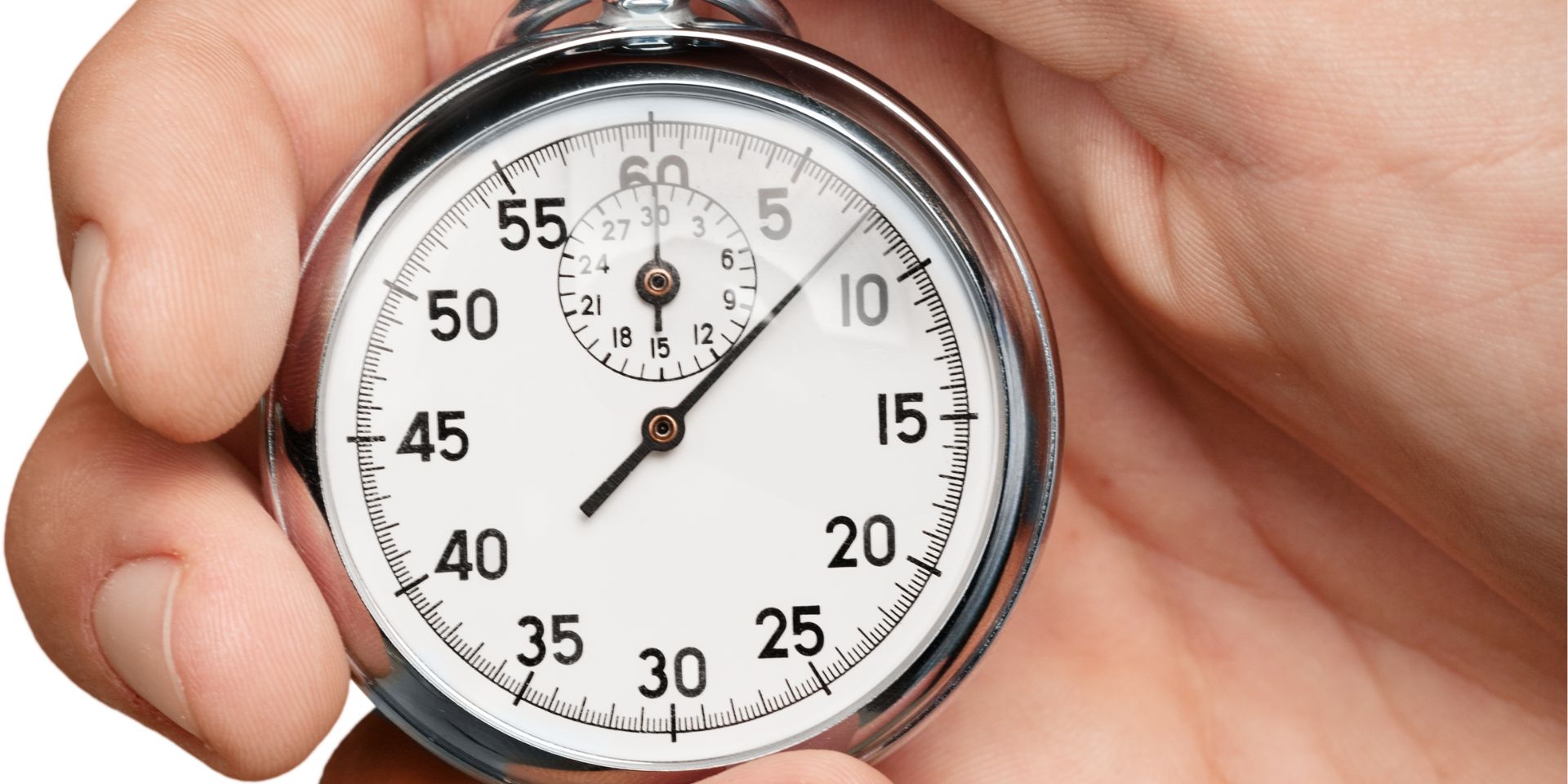Website Speed – When It Matters
We’ll consider the times when website speed really matters.
Website Speed – When It Matters
No matter whether you have a website focussed on the sharing of health information or on the sale of luxury products, speed will matter. After all, we’re living in a fast-paced world where most people aren’t prepared to wait. And with speed being considered a key ranking factor by Google, it also has a bearing on the number of visitors that you can expect. However, this doesn’t necessarily mean that you should prioritise site speed over other factors.
Impacting Time
In an ideal world your website would load instantaneously, the moment it was entered into the URL bar or clicked in the search engine listings. However, there will always be a fair amount of variation, with the inclusion of high-resolution images, videos and other visual elements having a bearing. Care must be taken, given the link between website loading times and customer satisfaction.
Site speed will also have a direct effect on the bounce rate (the percentage of customers who click away from your website after viewing just one page) and dwell time (the amount of time that people spend on any single page before returning to the search results).
These points are of particular relevance to e-commerce websites. For instance, imagine the common scenario of craving for a takeaway at the end of a tiring day. A quick Google search would undoubtedly bring up many local restaurant websites for you to choose from. With a growling stomach and your bank card to hand, you might well be among the 40% of people who’d abandon any site that takes longer than 3 seconds to load.

Checking & Optimising Your Website
Thankfully there are ways of checking website loading times and optimising for the best results.
The Google Page Speed Insights tool will show how quickly your website loads on mobile and desktop devices. After entering your website URL this tool will run an analysis and come up with suggestions on how to make your website quicker. You can also run a speed check over at WebPageTest.org to identify any website elements that are taking a long time to load.
Suggestions for improved site speeds might include:
- Compressing images
- Cleaning and compressing code
- Upgrading website hosting
- Activating browser caching
- Removing any WordPress plugins that you can do without
- Using a Content Delivery Network (so that your website is delivered by a server that’s closest to the visitor).
Apart from the reward of improved website rankings, an increase in website speed is also bound to have a positive impact on conversions. Indeed, just a 0.1 second natural site speed improvement has been found to boost retail conversions by 8.4% and average order values by 9.2%. It’s also sure to make your website more competitive, with people opting to return rather than look elsewhere.

Considering other factors
While you should look to fulfil the customer’s need for speed, there’s likely to be a bit of a balancing act as you’ll also want to include attractive visual elements for online engagement.
For example, you might want to include high-res images to effectively showcase your photography services. In such an instance you can be fairly confident that the sacrifice of speed won’t hurt your conversion prospects.
You might also be aware that websites featuring high-quality videos are often rewarded with better search rankings. Again, it could be worth allowing for a slight decrease in speed to boost your engagement levels with videos of your team and products in action.
Choose thefingerprint
For a website that loads quickly and looks great (both on mobile and desktop) thefingerprint should be your first choice. Give us a call on +44 (0)7740 348 521 or email design@thefingerprint.co.uk for a chat about your web design needs.
If you found this helpful then you might also like our blogs on Why use Premium Hosting for Your Website, Colour – Why Making the Right Choice Matters, or thefingerprint wins Design Agency of the Year for a third year!





